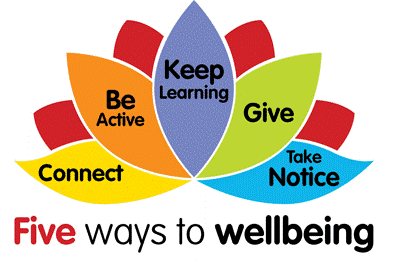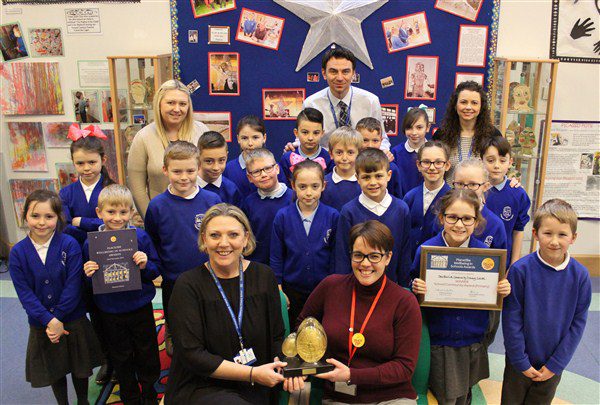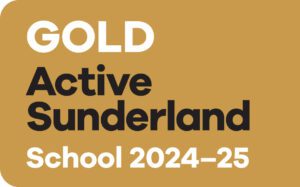Hello and welcome to our PSHE page! Here you will find out everything you need to know about PSHE and how it is taught in our school. At Southwick Community Primary School, we believe that all children have the right to be healthy, stay safe, and achieve economic well-being. PSHE is an important factor in achieving these goals. PSHE is central to the life of the whole school and forms the foundations for its relationships within the community. Our aim is to equip children with the mechanisms and life skills which will be of use to them at the present time or at various times throughout their lives. PSHE will provide our children with the skills and information which will inform, educate and provide them with the knowledge to protect themselves from various risks. It is our aim that our children have the ability to make informed decisions to protect their personal well-being as well as develop their sense of respect and tolerance.
Here at Southwick Community Primary School, our PSHE curriculum is facilitated through a holistic model of Personal and Social development that encourages children to engage in open debate, and focuses on the importance of making the right choices and reflecting on the consequences of their own actions and the actions of others. Southwick Community Primary School recognises its responsibility in promoting pupils Spiritual, Moral, Social and Cultural (SMSC) development. In school, we follow the ‘Kapow’ programme for PSHE. which brings together PSHE Education, compulsory Relationships and Health Education, emotional literacy, mindfulness, social skills and spiritual development.
My name is Mrs Dennison and I am a Year 2 teacher and PSHE lead. I am passionate about mindfulness, tolerance and acceptance of everyone in life, regardless of race, gender or socio economic status and I know how important each of these skills are to all of our children.
At Southwick Community Primary School, we recognise the importance of supporting our children’s well-being and encouraging them to discuss and manage their emotions.
As part of our PSHE Curriculum and our whole school ethos, we use the Zones of Regulation to support the children to understand and regulate their emotions.

The Zones of Regulation is a curriculum geared towards helping children gain skills in consciously regulating their actions, which in turn leads to increased control and problem-solving abilities. In the activities, children also learn how to use strategies or tools to stay in a zone or move from one to another.


What are the Zones of Regulation
The zones is a systematic, cognitive behaviour approach used to teach self-regulation by categorising all the different ways we feel and states of alertness we experience into four concrete zones. The Zones curriculum provides strategies to teach pupils to become more aware of, and independent in controlling their emotions and impulses, managing their sensory needs, and improving their ability to problem solve conflicts.
The Four Zones: Our Feelings & States Determine Our Zone

The Red Zone is used to describe extremely heightened states of alertness and intense emotions. A person may be elated or experiencing anger, rage, explosive behaviour, devastation or terror when in the Red Zone.
The Yellow Zone is also used to describe a heightened state of alertness and elevated emotions, however, one has some control when they are in the Yellow Zone. A person may be experiencing stress, frustrations, anxiety, excitement, silliness, the wiggles or nervousness in the Yellow Zone.
The Green Zone is used to describe a calm state of alertness. A person may be described as happy, content or ready to learn when in the Green Zone. This is the zone where optional learning occurs.
The Blue Zone is used to describe low states of alertness and down feelings, such as one feels sad, tired, sick or bored.




